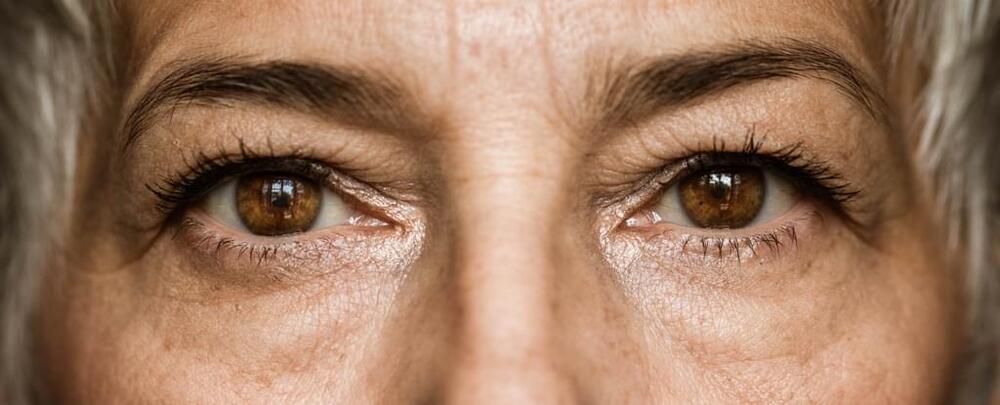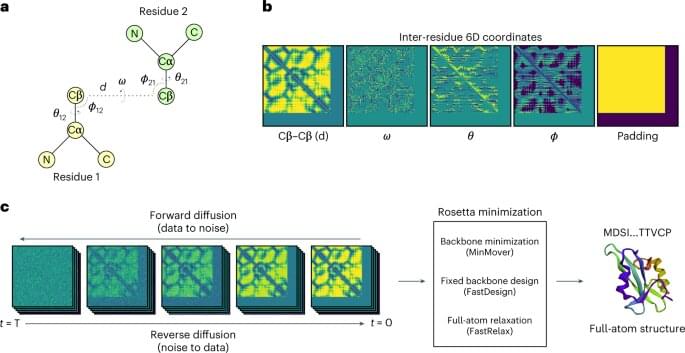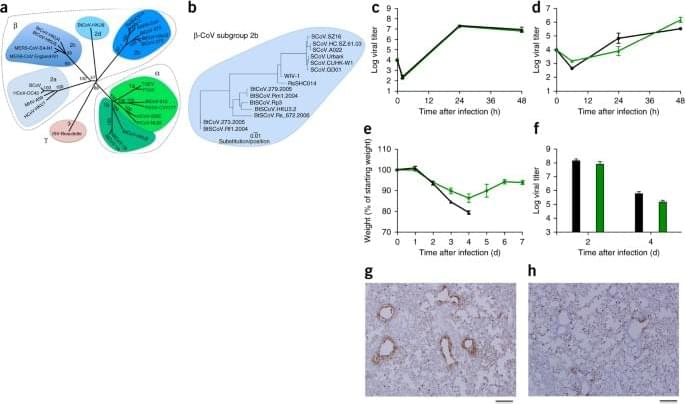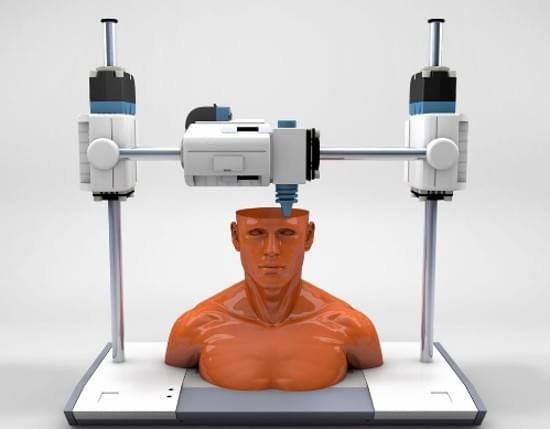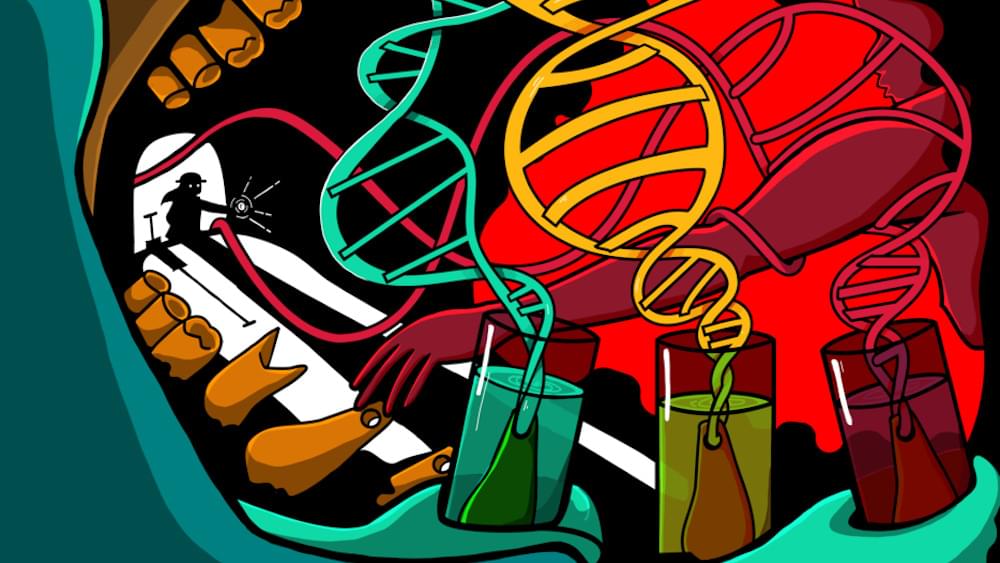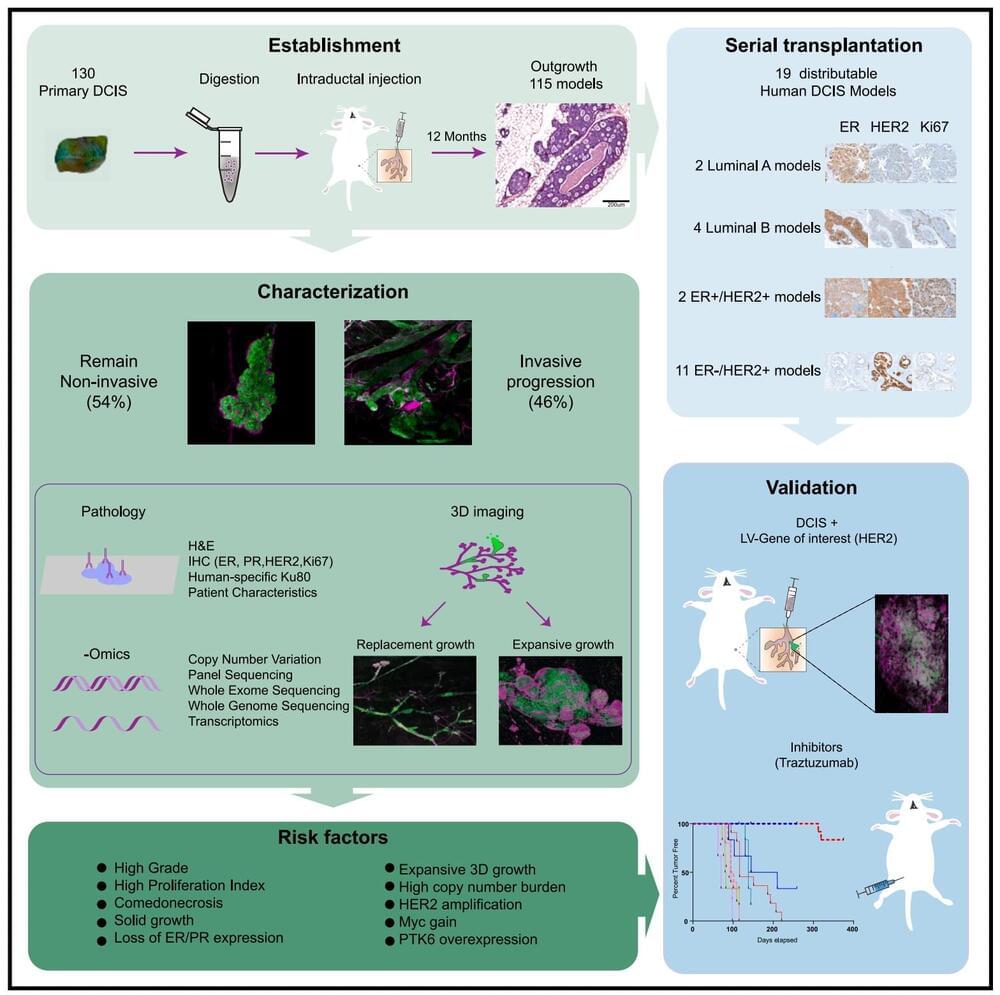Dementia is a brain disease that affects around 55 million people worldwide and is characterized by the loss of cognitive functions like memory and reasoning.
The classic, early cognitive symptoms of dementia – like misplacing valuable objects, forgetting names, and finding planning difficult – can creep up slowly over time.
But there are other, more noticeable changes to the body that correlate with dementia risk and can be picked up over a decade before diagnosis. Recent research has found that hearing difficulties may be a warning sign of dementia that arises years before other symptoms of the disease.
